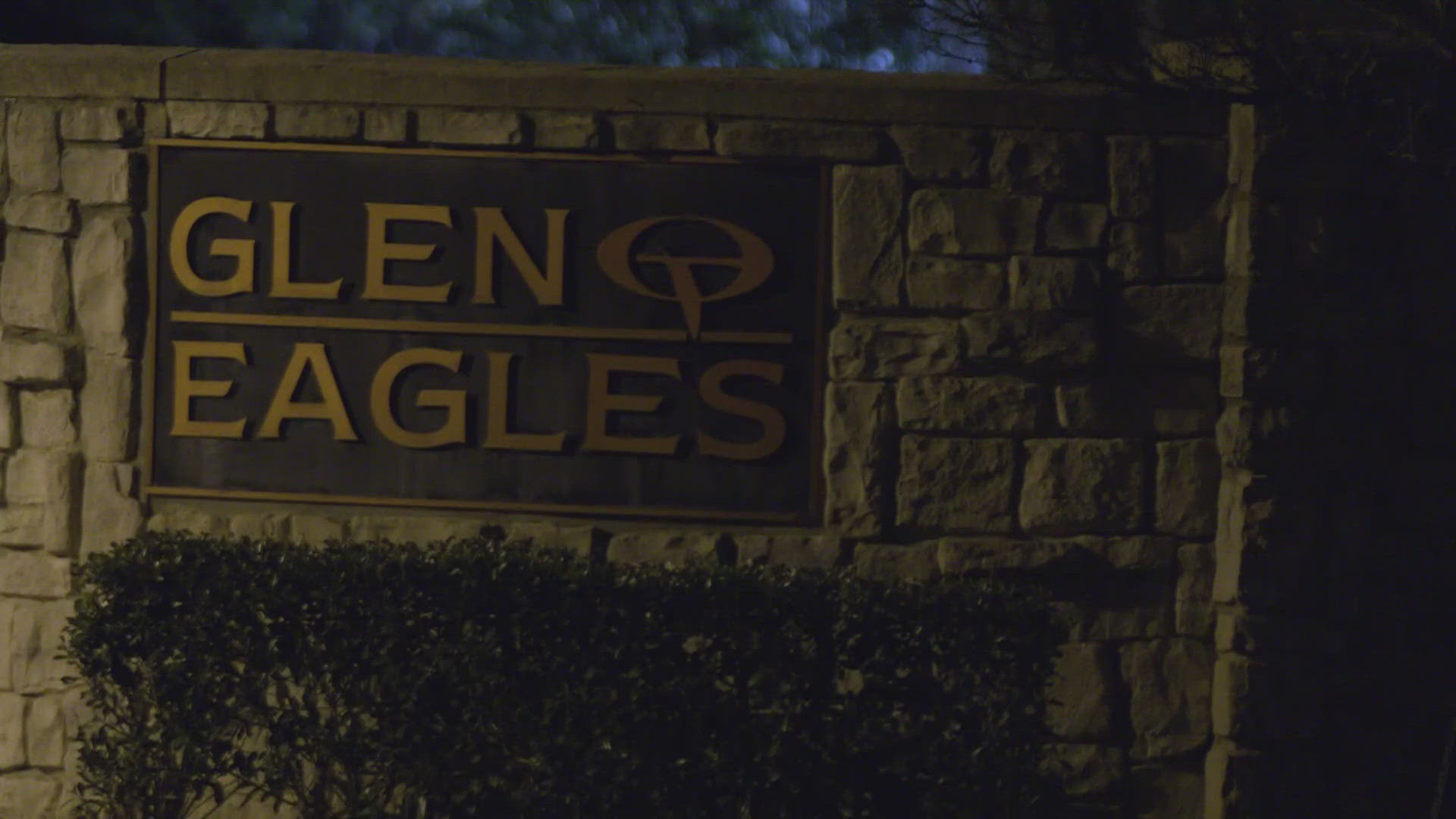The trial recessed Friday afternoon and will resume at 8:30 a.m. Tuesday.
Jurors on Friday heard from two defense experts who testified an officer acted reasonably during a deadly shooting and that the vehicle he fired into posed a threat to officers.
Christopher Hess, 42, is charged with aggravated assault by a public servant in the death of a 21-year old woman.
The former Dallas police officer is accused of shooting 12 times into a vehicle, killing Genevive Dawes.
Hess was one of the officers who responded to a suspicious person call Jan. 18, 2017, at an apartment complex in the 4700 block of Eastside Avenue in East Dallas where a black Dodge Journey was parked.
Dawes started to reverse and then pull forward while officers were around the vehicle. Hess opened fire on the car. Defense attorney Messina Madson said Dawes was "aggressive" and didn't want to be arrested.
Hess fired nine shots, paused and then fired three more shots into the car, according to testimony.
On Friday, the passenger in the car, Virgilio Rosales, invoked his Fifth Amendment right not to testify during the trial after defense attorneys wanted to put him on the witness stand. Prosecutor George Lewis did not grant him immunity for his testimony.
Friday afternoon jurors heard from retired Austin police officer Jerry Staton, who specializes in training officers in use of force.
Staton said from examining body camera video and reading officers' statements, that Hess responded in an "exemplary" manner, given the totality of the circumstances.
“I believe officer Hess followed his training and his experience to a T and absolutely did what a reasonable officer would have done," Staton said. "And actually other officers out there said they would have done if they had a clear shot.”
One of those officers was Christopher Alisch. He was one of six officers on the call and the fifth to testify in front of the jury during the trial.
Alisch said his concern heightened when Dawes, after failing to respond to repeated verbal and sirens to comply, started the vehicle.
"I knew that situation was going to be out of control,” Alisch testified. "There was no indication that they were going to change their path.”
Prosecutors have maintained Hess acted "totally unreasonably" and should have known there were no officers behind the vehicle as it slowly backed out of the parking spot.
But Alisch challenged that contention, saying he too, believed some of his fellow officers were behind the vehicle's path and that he would have fired his weapon if Hess had not.
"It was my belief officers would be seriously injured and killed," Alisch said. "That vehicle needed to stop or it would’ve injured officers."
Retired Dallas police officer Dudley Marchetti told jurors the vehicle Dawes was traveling in posed a threat to officers.
Investigator Dale Richardson testified Thursday that he believed "that the use of force was reasonable."
He said Dawes ignored police commands and continued to drive in reverse, then forward and then in reverse again "in an area where at one point two officers had been standing."
Prosecutors rested their case Thursday morning, and defense attorneys called witnesses Thursday.
Jurors also heard from Dallas police officer Jason Kimpel, who was the only other officer to fire a shot in the incident.
Kimpel was suspended 30 days for violating use of force protocol, but a grand jury declined to indict him.
Defense attorney Messina Madson asked Kimpel why he fired.
"At the time I pulled the trigger I thought (officer Zach) Hopkins was behind the car," Kimpel said.
Kimpel added he stopped firing because he noticed Hess was in front of him.
"If he (Hess) wouldn’t have been in front of me I would’ve shot until threat stopped," Kimpel said.
If convicted, Hess could face up to life in prison.



